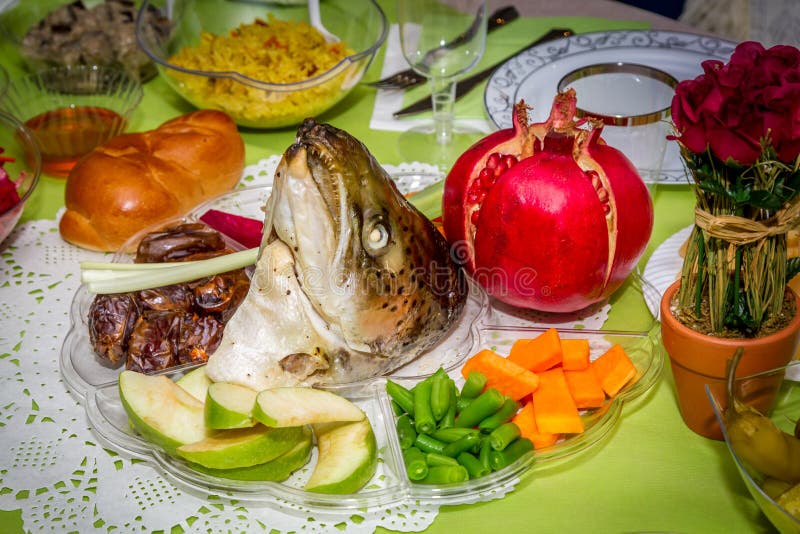“Shanah Tovah!” rent the air as people all across the globe began the celebrations to mark the New Year 5783 on the Jewish calendar. This is a shortened version of the full greeting, L’shanah tovah tikatev v’taihaem, this means May you be inscribed and sealed for a good year.
The Jewish New Year, also known
as Rosh Hashana began at sundown on Sunday, 25 September and will end at
nightfall, Tuesday, 27 September 2022. According to the Jerusalem Post, “The holiday celebrates not only the
Jewish New Year, but also the birth of the universe and beginning of the Days
of Awe – 10 days of repentance and renewal that culminate in Yom Kippur, the
holiest day in the Jewish calendar.”
The Jewish or Hebrew calendar is
lunar based and Rosh Hashanah always falls on the first and second day of the
month Tishrei. The celebrations are reflective and marked by prayers and family
gatherings during that period. Prayers are recited in synagogues and the Shofar
(a horn made from ram’s horn) is blown during intervals in the service. The sounding
of the Shofar is very important as a call back to YHWH and a reminder to all
Jews that God is their King.
Food is a very important of any
celebration, right? Rosh Hashana is no different, furthermore food consumed is also
symbolic of what is desired for the year ahead. The selections are
representations of prayers for a sweet year. For instance, eating the head of
fish, often followed by saying, “May we, this year, be at the head!” The Challa
(Jewish bread) and apple is dipped in honey, dates and pomegranate are also
part of the menu.
Prayers are woven intricately
into the fabric of celebrating this special day and this is not only at the
synagogue but during the meal as well. To the Ancient Jews apples possess
healing qualities and the honey is for sweetness. There are different varieties
of sweet treats sprinkled in for the same reason. Another custom that might be
observed at this time is Tashlich, this means casting off. Here a piece
of bread is thrown into a flowing body water as prayers are recited. The bread represents
sins of the past year being swept away.



Post a Comment